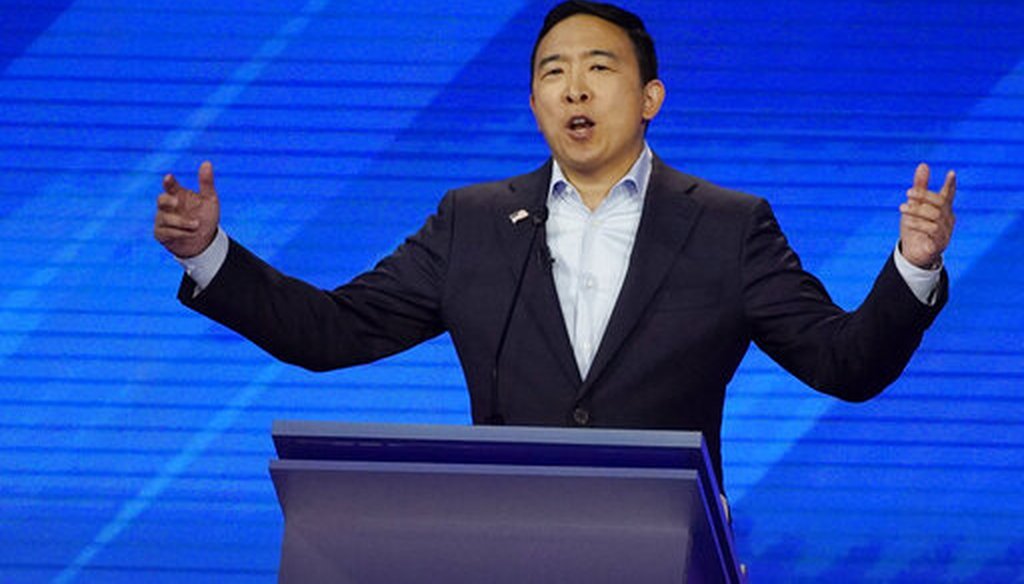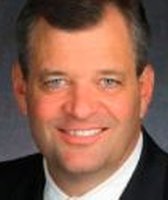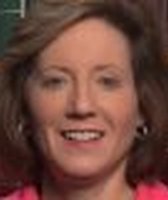Stand up for the facts!
Our only agenda is to publish the truth so you can be an informed participant in democracy.
We need your help.
I would like to contribute

Democratic presidential candidate entrepreneur Andrew Yang speaks on Sept. 12, 2019, during a Democratic presidential primary debate in Houston. (AP)
Democratic presidential candidate Andrew Yang surprised viewers of the Houston debate when he vowed to give 10 families $1,000 a month, every month, for a year.
Yang wanted to draw attention to his universal basic income plan, in which he would give every adult a $1,000 monthly "freedom dividend" if he’s elected.
Yang’s statement caught national attention. Missouri third district congressional candidate Republican Chad Bicknell, posted his thoughts about the statement on Facebook:
"Andrew Yang for President 2020 tonight bribed 10 families at $12,000 dollars each to vote for him. This is a blatant violation of FEC rules and is automatic disqualification to run for any office."
Should Yang really be out of the race? Turns out the answer isn’t that simple.
We reached out to the Federal Election Commission to see if Bicknell’s claim holds up. FEC spokeswoman Judith Ingram said Yang’s scenario is not addressed in the Federal Election Campaign Act or commission rules.
Normally, she said, the Yang campaign would reach out to the FEC for an advisory opinion to assess the legality. However, three of the commission’s six seats are vacant, so no ruling can be made to guide Yang’s team through this "legal gray area," as Ingram calls it.
We reached out to experts from Common Cause and the Campaign Legal Center, two watchdog organizations, to see what they make of Bicknell’s claim.
Paul S. Ryan, vice president for policy and litigation at Common Cause, said there is no precedent for Yang’s plan in FEC rules and, therefore, nothing to suggest it’s a blatant violation.
Ryan noted Yang’s proposal draws the FEC’s "personal use prohibition" into question. The rule bans personal "use of funds in a campaign account of a candidate (or former candidate) to fulfill a commitment, obligation or expense of any person."
Therein lies the unanswered question: Are these families considered to be "any person?"
Corey Goldstone, spokesman for the Campaign Legal Center, thinks so.
The personal use prohibition’s purpose is "to prevent donors from having their money go to line a random family’s pocket," he said. "Campaign funds are meant to go to services provided for the campaign."
If Ryan were Yang’s lawyer, he’d argue Yang’s "freedom dividend" is a separate product. Once the money is handed over, it would no longer be considered part of Yang’s campaign funds, he said.
"It’s a thing. It’s a product. It’s a campaign promotional product analogous to Andrew Yang," he said.
But, as both Ryan and Goldstone pointed out, none of this really matters considering those three open commission spots. Until at least one of those seats is filled, questions regarding campaign finance law will go unanswered.
Bicknell cited the FEC. After we reached out to him to check his sources, he updated his post with the "Expenditures to Influence Voting" law. The law prohibits candidates from making any payments to any person in exchange for a vote.
Yang didn’t outright ask that these families vote for him, so this law may not apply, Ryan said. He doubted the Justice Department would attempt a prosecution based on how the law has been enforced in the past.
Our Sources
Email exchange with Judith Ingram, Federal Elections Commission, Sept. 13, 2019.
Facebook, Chad Bicknell for US Congress - R Missouri, accessed Sept. 13, 2019.
The New York Times, Andrew Yang’s Debate Pledge: He’ll Give 10 People $1,000 a Month. Is That Legal?, accessed Sept. 13, 2019.
Library of Congress, accessed Sept. 13, 2019.
Legal Information Institute, 18 U.S. Code § 597.Expenditures to influence voting, accessed Sept. 13, 2019.
Interview with Paul Ryan, Common Cause, Sept. 18, 2019.
Interview with Corey Goldstone, Campaign Legal Center, Sept. 18, 2019.
FEC, "Personal use," accessed on Sept. 18, 2019.
FiveThirtyEight, What Happens When The FEC Can’t Do Its Job, accessed Sept. 18, 2019.
Yang2020, The Freedom Dividend, accessed Sept. 13, 2019.






























